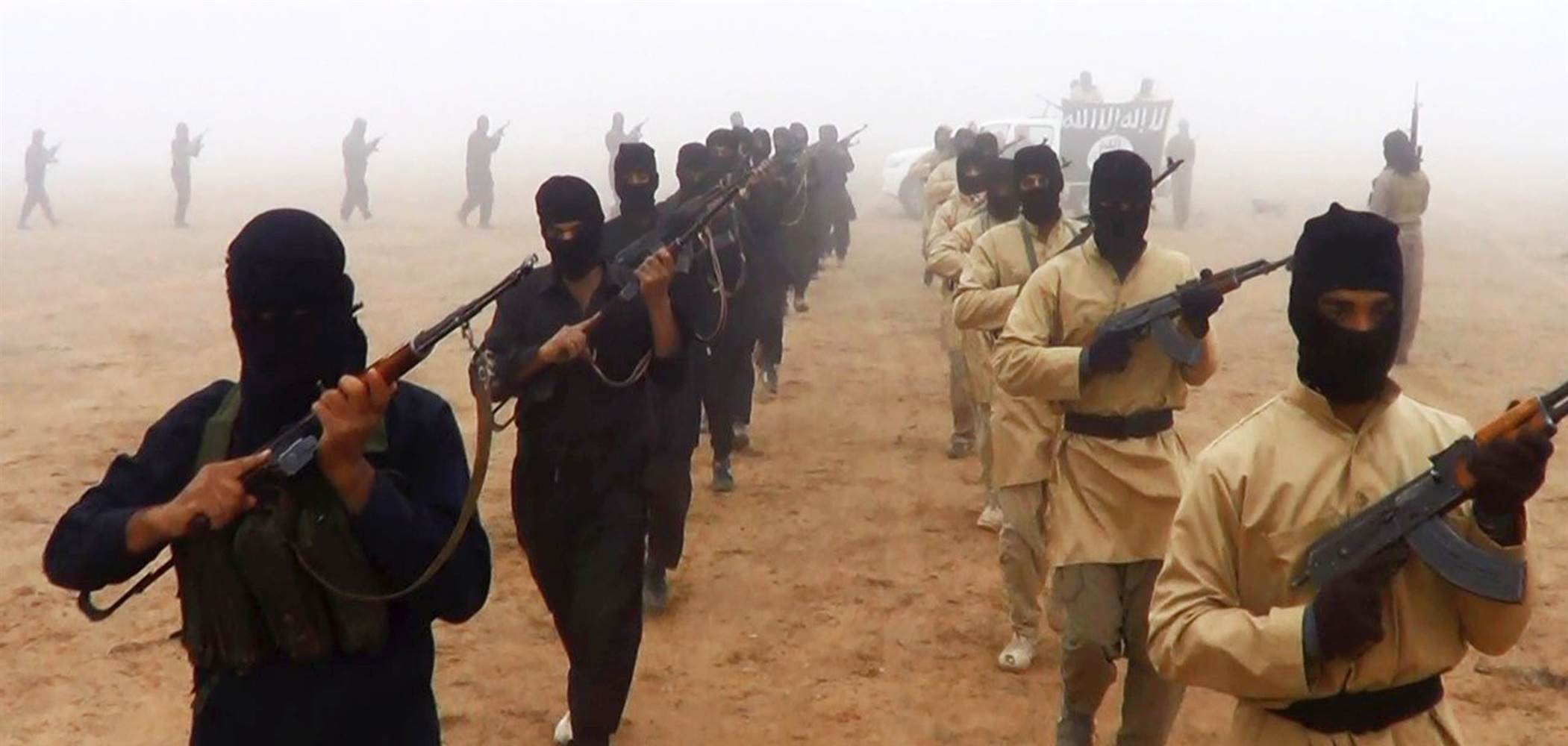By: John Grady
 Al Qaeda and the Islamic State could reconcile their differences to present a different but persistent security challenge to the United States for the foreseeable future, three experts in counterterrorism told theHOUSE ARMED SERVICES Committee Tuesday.
Al Qaeda and the Islamic State could reconcile their differences to present a different but persistent security challenge to the United States for the foreseeable future, three experts in counterterrorism told theHOUSE ARMED SERVICES Committee Tuesday.
One goal of both groups, Bruce Hoffman, director of the Center for Security Studies at Georgetown University, is locking the United States “in an enervating war of attribution.”
“We’re going to have to do [counter jihadist terrorism] for the next 15 years, at least,” he said. In answer to a question about al Qaeda, he added its leaders “never moved away from [launching] a massive attack on the U.S,” Michael Sheehan, distinguished chair at the Combating Terrorism Center at the Military Academy said. He included the use of weapons of mass destruction in that assessment. The big attack “is part of their DNA.”
But “we can’t expend all our efforts on this,” noting threats from Russia, China, Iran and North Korea, he said.
Hoffman added al Qaeda has sent some of its senior leaders to Syria, known as the Khorasan Group, to strengthen its hand and also launched a major recruiting effort on the India subcontinent to extend its influence there.
He added that even though the Islamic State is losing territory and taking high casualties in Iraq and Syria it is now operating in 18 countries through its affiliates.
Brian Jenkins, senior adviser to the president of the RAND Corporation, said, “Loyalties remain fluid” among the jihadists. The situation is “complicated by turning one war [against the Islamic State in Syria and Iraq] into many wars [in Yemen, Mali, Nigeria and others].
Sheehan said going after sanctuaries was crucial in this struggle. While some call this “whack-a-mole,” he saw benefit in its disrupting terrorism leadership’s ability to plan for fear of their lives. He added it was time “to crank up the pressure on Iran” for its support of terrorist organizations.
“Sometimes less [in U.S. military presence and operations] is more.” He cited French success in Mali. They “got out after achieving their objective.” In that example and others, “aviation is a game changer” from using drones for intelligence to C-130s for logistics to A-10s for close air support. The French employed attack helicopters to harass terrorist troop movements and break up attacks.
The danger of a large foreign presence over time now in countries such as Afghanistan and Iraq is that “it begins to look like an occupation.”
Sheehan also noted the value of American Special Operations Forces in train, advise and assist missions to build up partner’s capabilities to defeat terrorists in their homelands.
This spread of conflict inspires distant followers “to commit more ambitious international attacks [like those in Paris, Brussels, Nice and Istanbul] as it loses ground” in the Middle East, Jenkins said. He cited possible future terrorist attacks also along the lines of those in Mumbai and Nairobi and more sabotage of aircraft as al Qaeda on the Arabian Peninsula has attempted.
Foreign fighters “are going to scatter,” Jenkins added, saying that some of those jihadists went to Syria or Iraq only to gain combat experience and “to bring violent jihad back home.”
Jenkins added, “the principal threat here is homegrown terrorists.” He said police or the FBI have arrested or killed 150 of these terrorists since the attacks of Sept. 11, 2001.
Sheehan, who directed State Department counterterrorism efforts and worked with the New York Police Department in the field, added, “Here in the U.S., we’ve had success” in disrupting terrorist attacks.
All the witnesses advised against endorsing a policy that says, “we’re are war with all Muslims.”
Hoffman said the allure of al Qaeda and the Islamic State is not religious but their ability to seize and hold territory.
Jenkins said, “local allies, this is the key” to success in this struggle “in the Arab world, in the Muslim world.” He added it was important that the United States understands that these partners are not necessarily going to endorse American notions of democracy and social norms. He specifically mentioned the Gulf States, Saudi Arabia and Egypt in this regard.
“We’re dealing with an adversary seeking to do provocative things” to draw an American response, he said.
No comments:
Post a Comment